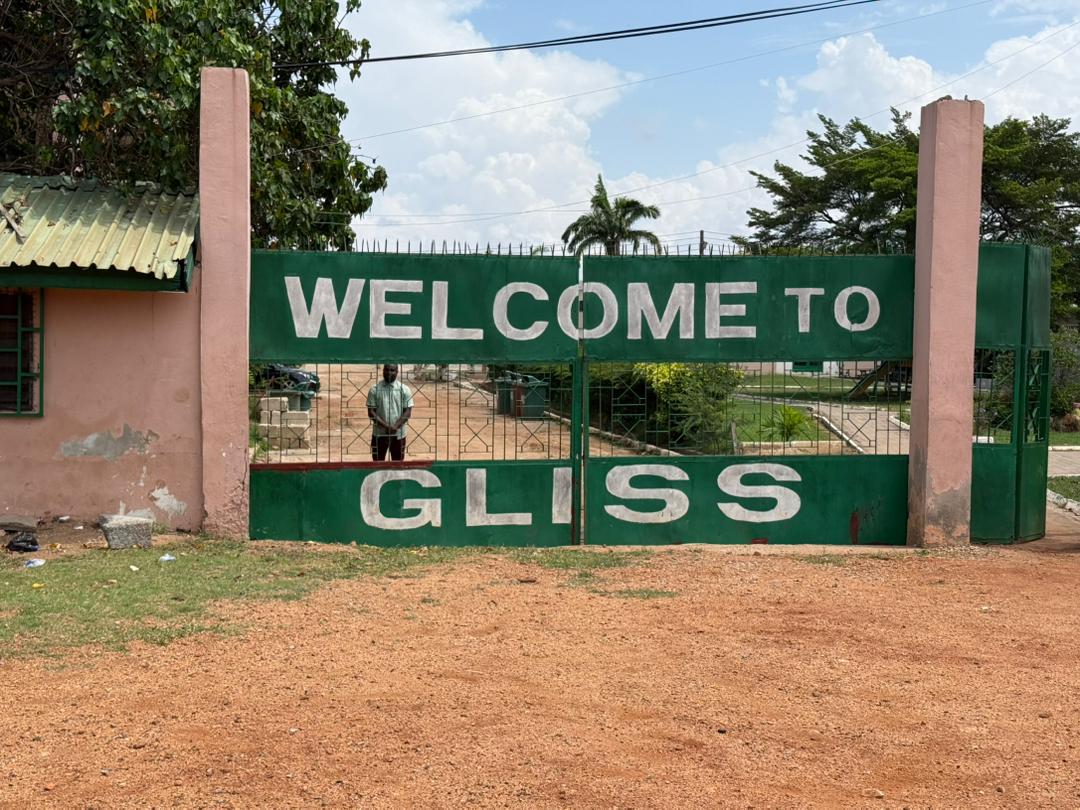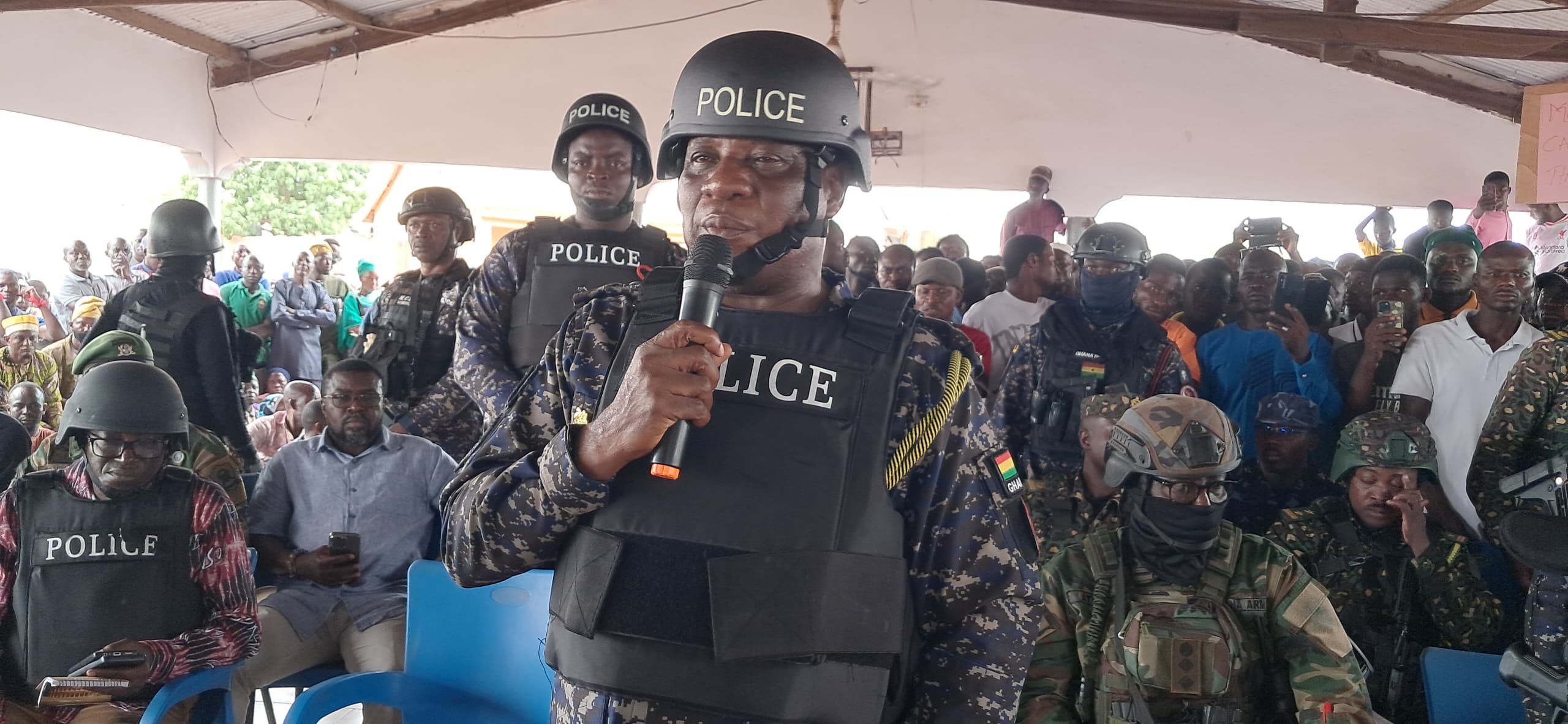Tasks before ECOWAS and its standby military force
The resolve by the Economic Community of West African States (ECOWAS) Parliament to activate a standby military force amid growing insecurity in the West African region cannot be timelier. Insecurity, manifesting in insurgency and terrorism, constitutes perhaps the most serious threat to meaningful development in the region. In the past, the body’s establishment of a joint military force named ECOMOG proved to be highly significant in stabilising the regional polity against civil strife and exuberant militants.
However, the challenges of ECOWAS transcend the need for a standby force; it includes the bad logistics of fulfilling its basic objectives of regional integration, amidst its fragmentation highlighted in the withdrawal of three of its erstwhile members. By resolving to work towards reuniting with the faction, ECOWAS is on the right path. But it should tread with caution and explore viable alternatives to seeking reconciliation, which is solely dependent on the whims of the splinter group.
Convened under the aegis of the ECOWAS Parliament’s Joint Committee on Political Affairs, Peace, Security, and the African Peer Review Mechanism (APRM), along with the Committees on Legal Affairs, Trade, and Social Development, the commission met and reviewed, among other issues, the political, economic, social, and humanitarian impacts of the withdrawal of Burkina Faso, Mali, and Niger from the West African bloc.
The ECOWAS Parliament urged member states and the ECOWAS Commission to pursue diplomatic engagement with Mali, Burkina Faso, and Niger, including bilateral talks, using sub-regional bodies such as OMVS and the Conseil de l’Entente to rebuild trust and open the door to eventual reintegration. The Parliament’s overarching message is that a peaceful and reintegrated ECOWAS is in everyone’s best interest, especially amid rising regional instability and economic hardship. The Parliament’s call reflects a desire to prevent a permanent geopolitical fracture in West Africa and underscores the importance of keeping the door open for reintegration, even while official withdrawal processes are underway.
Regarding operational reforms, the Parliament advised the ECOWAS Commission to initiate bilateral agreements with the withdrawing states—Mali, Burkina Faso, and Niger—particularly concerning free movement, trade facilitation, digital car insurance systems, and border monitoring. Additional proposals include the creation of a regional humanitarian emergency fund, an audit of ECOWAS operations, and a revision of key legal instruments to refocus efforts on integration and economic development.
Zainab Gimba, a member of the Nigerian delegation to the ECOWAS Parliament, called for an urgent resolution to be passed by the Parliament to endorse the ongoing dialogue with Mali, Burkina Faso, and Niger. She emphasised that this dialogue could facilitate the reintegration of the withdrawn countries into ECOWAS security frameworks, supporting a collaborative security effort for the acceleration and full operationalisation of the Accra Initiative and the ECOWAS Standby Force, in line with its 2020–2024 action plan to combat terrorism in West Africa and the Sahel.
The ECOWAS Parliament’s Joint Committee on Political Affairs, Peace, Security, and others is on the right path to hold that, in the face of increasing insecurity in the West African sub-region, a standby military force should be activated. The Parliament should take practical steps to address insecurity in the sub-region. While the Parliament does not possess executive or military powers, it contributes significantly through legislative support, advocacy, diplomacy, and oversight.
ECOWAS promotes regional security policies by engaging with national parliaments and heads of state. It encourages the harmonisation of security laws and regulations among member states. It strengthens democratic institutions, the rule of law, and respect for human rights, which are essential to long-term peace. It promotes inclusive political participation and works to prevent unconstitutional changes of government, a common trigger of insecurity. The ECOWAS Parliament engages in diplomatic dialogue and mediation efforts, especially during electoral disputes or political crises that could escalate into violence.
However, the ECOWAS Parliament faces structural, political, and operational challenges that undermine its ability to address insecurity effectively. For example, there has been a surge in terrorism and extremist violence in the sub-region. Mali, Burkina Faso, and Niger, in particular, have become hotbeds for groups such as Al-Qaeda in the Islamic Maghreb and the Islamic State in the Greater Sahara. These extremist groups have destabilised vast areas, spreading violence and terror across the region and beyond.
It is noteworthy that the ECOWAS Parliament is currently a consultative and advisory body. It cannot make binding laws, and its resolutions and opinions are not enforceable, which limits its influence over ECOWAS decision-making. Members of the ECOWAS Parliament are not directly elected by citizens—they are nominated by national parliaments.
This raises concerns about democratic legitimacy and weakens its claim to truly represent the ‘people’ of West Africa. More importantly, many people in West Africa are unaware of the ECOWAS Parliament’s existence or its functions. This limits public engagement, accountability, and the Parliament’s ability to mobilise popular support for regional initiatives.
Although mandated to oversee ECOWAS institutions, the Parliament lacks the technical tools, legal authority, and resources to conduct thorough investigations or hold executives fully accountable. Recent political crises and coups in Mali, Burkina Faso, and Niger have exposed the Parliament’s limited leverage in resolving serious political breakdowns. For instance, despite strong appeals, Mali, Burkina Faso, and Niger proceeded with their withdrawal from ECOWAS, forming the Alliance of Sahel States in mid-2024. As of January 29, 2025, the three countries officially exited ECOWAS, although the bloc continues to recognise their travel documents and maintain trade relations during the transition period.
Despite these challenges, the ECOWAS Parliament cannot overlook the brazen insecurity confronting the African sub-region. Issues such as terrorism, banditry, insurgency, cross-border crimes, political instability, and communal conflicts threaten peace, economic development, and regional integration. These issues constitute an existential threat to the region.
Therefore, the ECOWAS Parliament must transition from a consultative role to a more assertive and proactive institution in shaping regional security policy. By leveraging its platform for advocacy, legislation, and oversight, it can help build a West Africa that is peaceful, stable, and resilient to insecurity. Security is not just a military concern—it is a governance and developmental challenge that requires inclusive and sustained regional action.
Finally, the ECOWAS Parliament should draft model laws and encourage harmonisation on issues like cybersecurity, anti-terrorism, and anti-money laundering, urging member states to adopt them. In addition to harmonising security laws and policies across member states, it should push for the establishment of a centralised intelligence-sharing mechanism to improve coordination in combating terrorism, human trafficking, arms smuggling, and organised crime.








